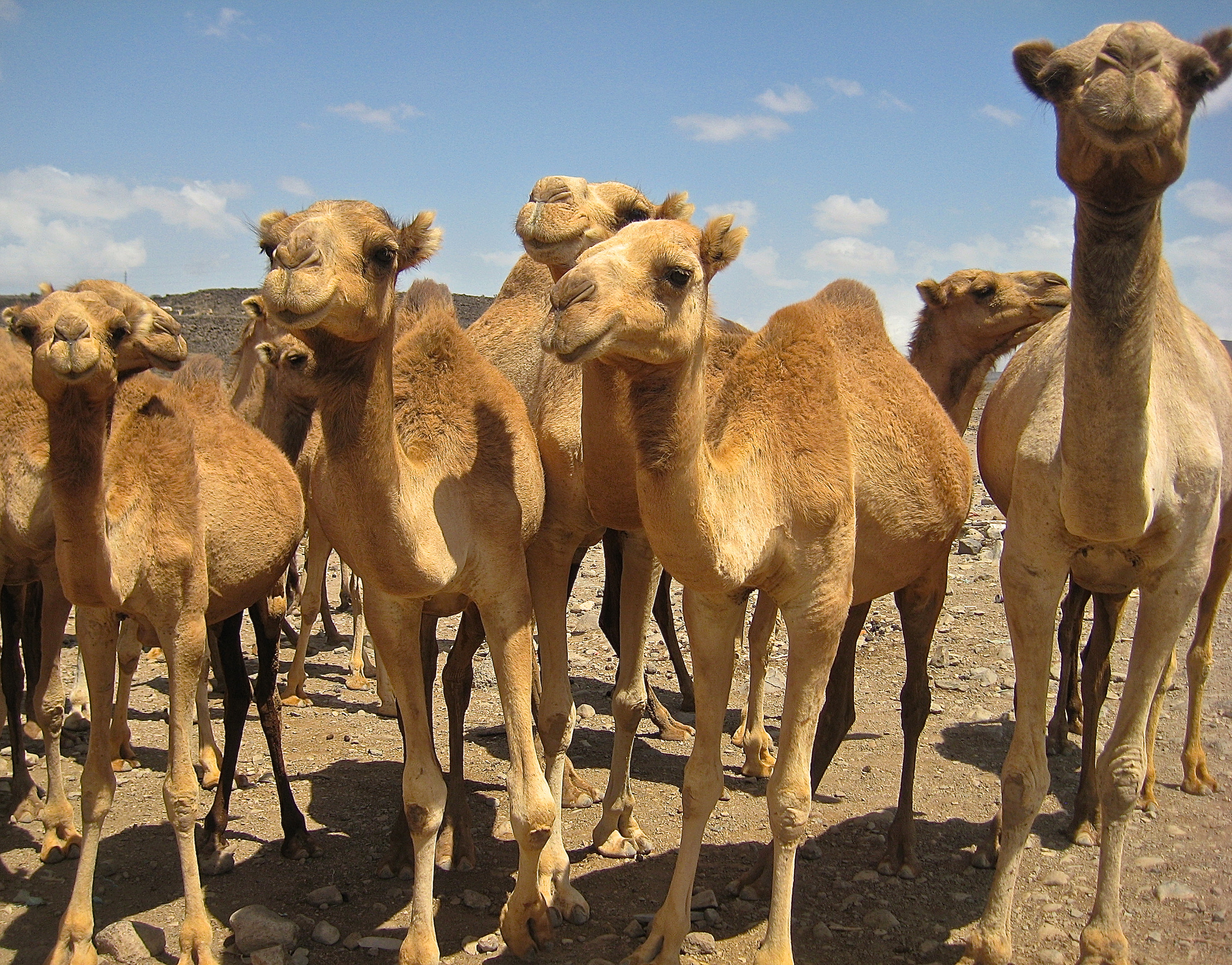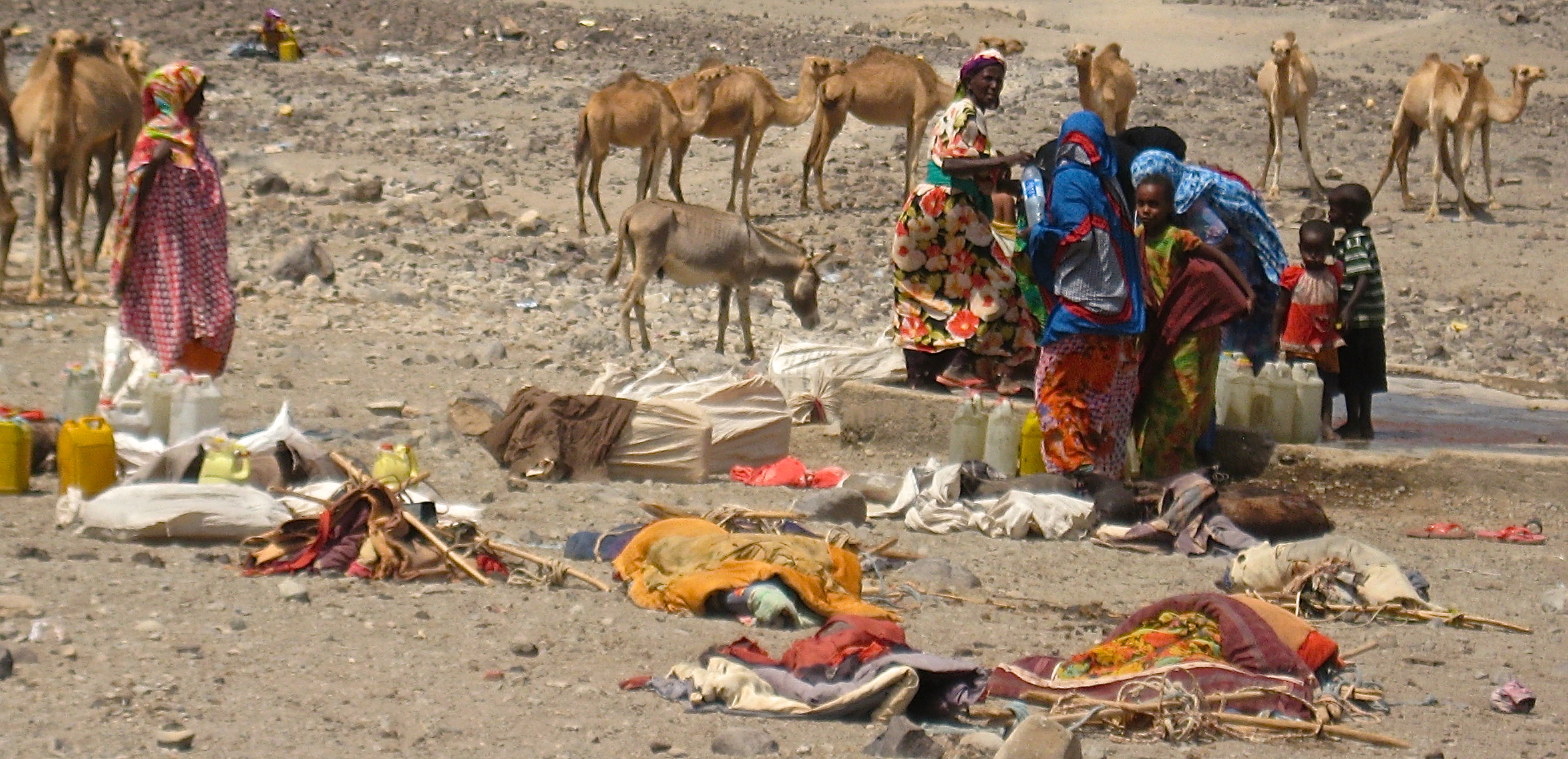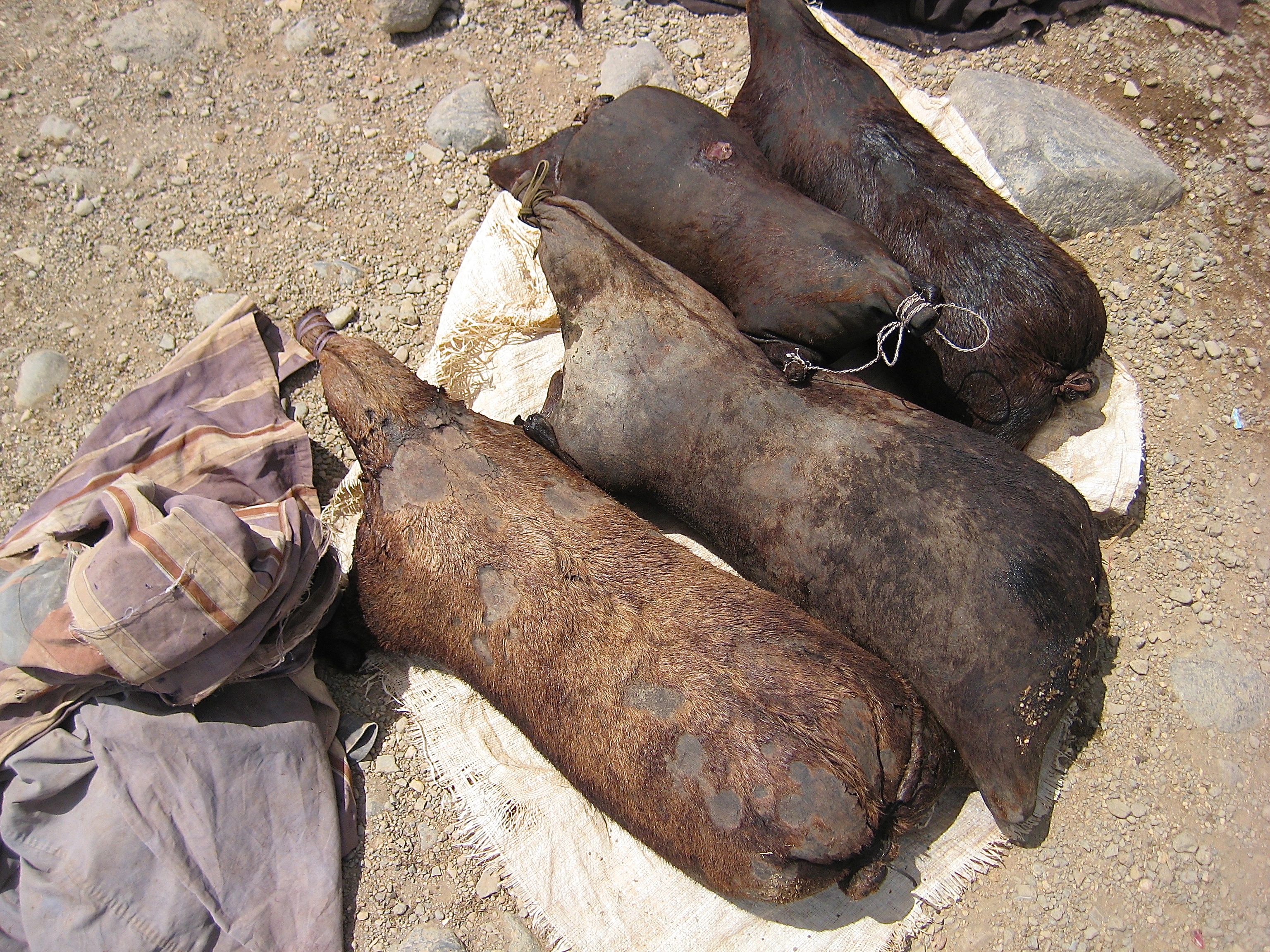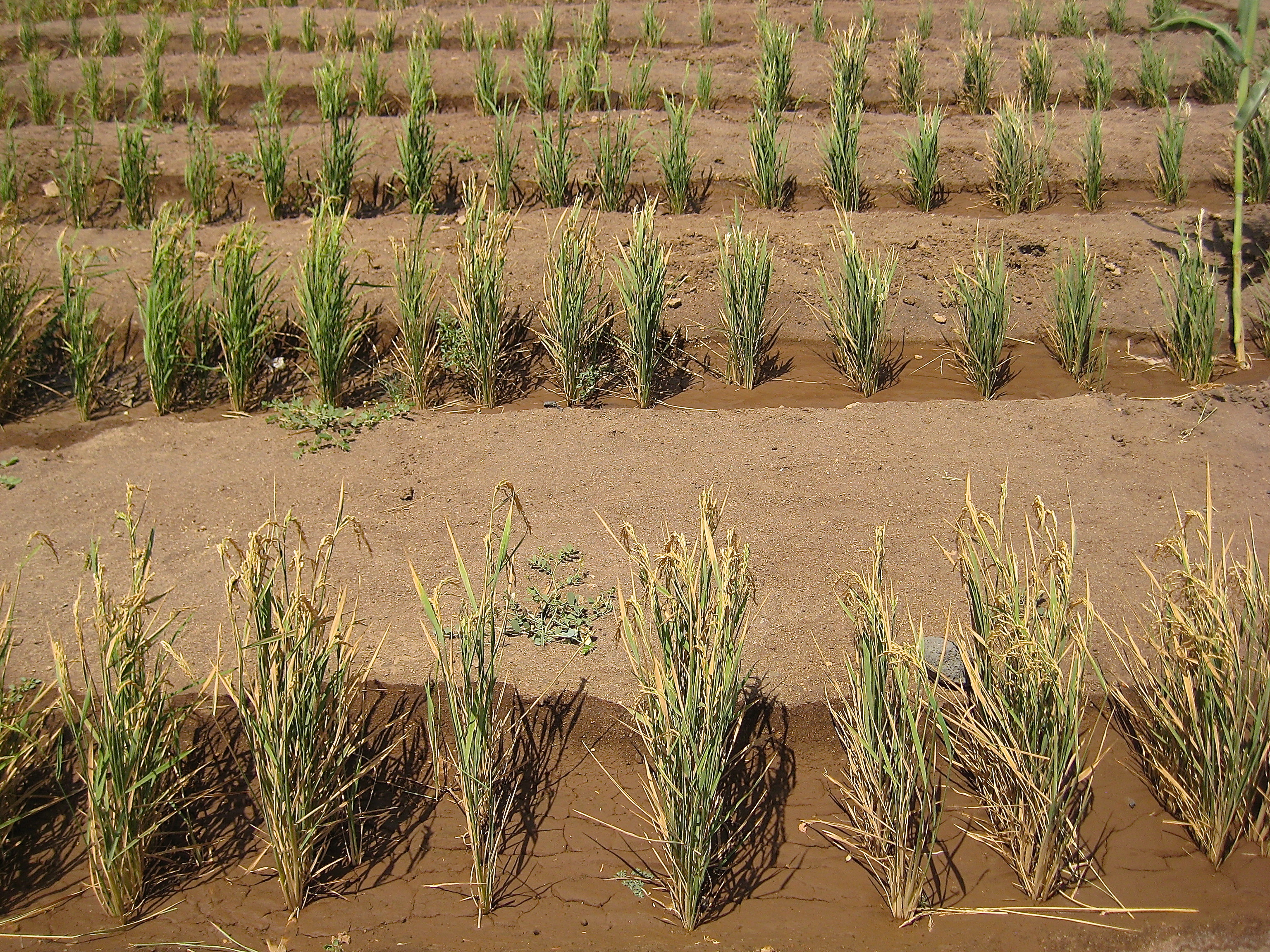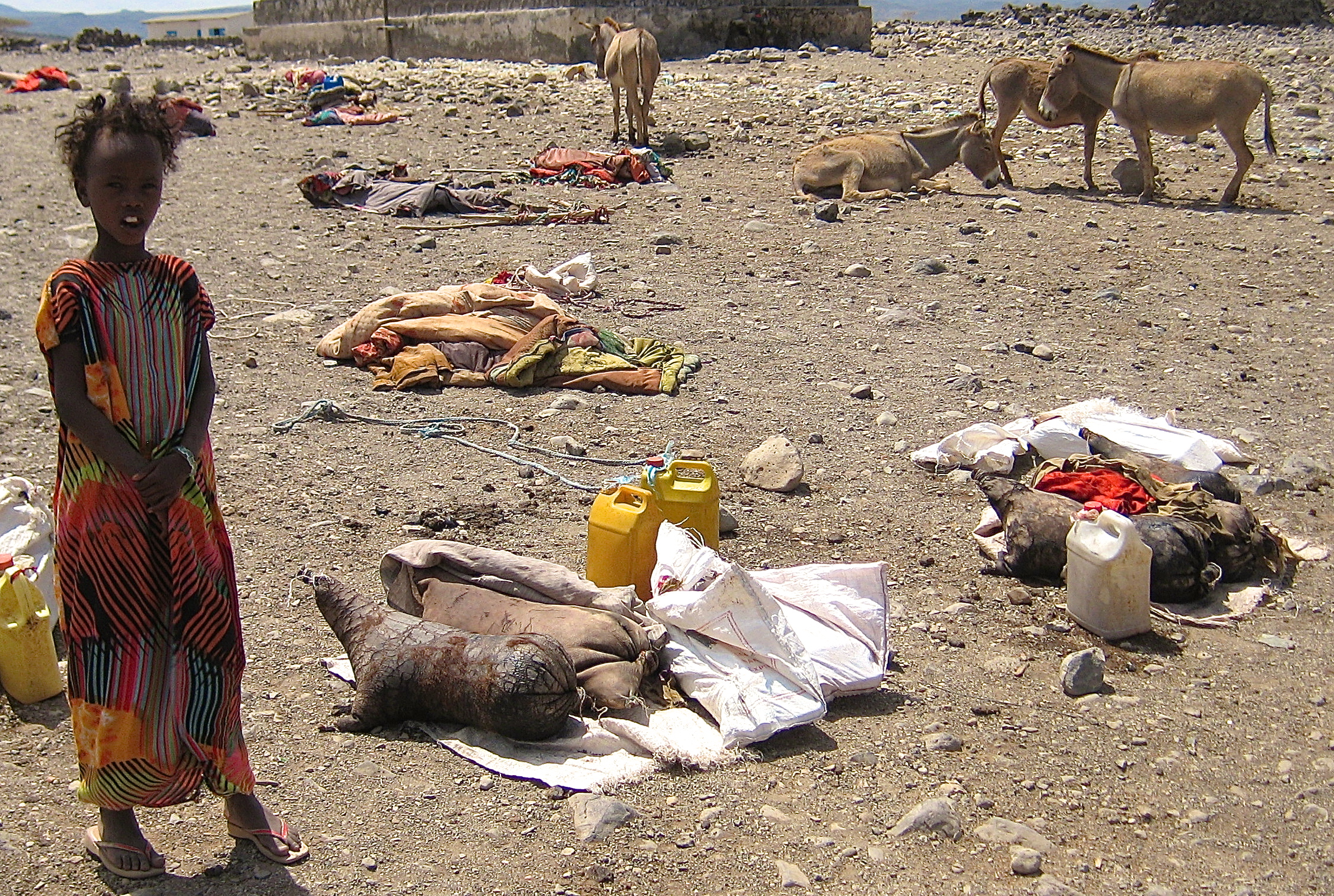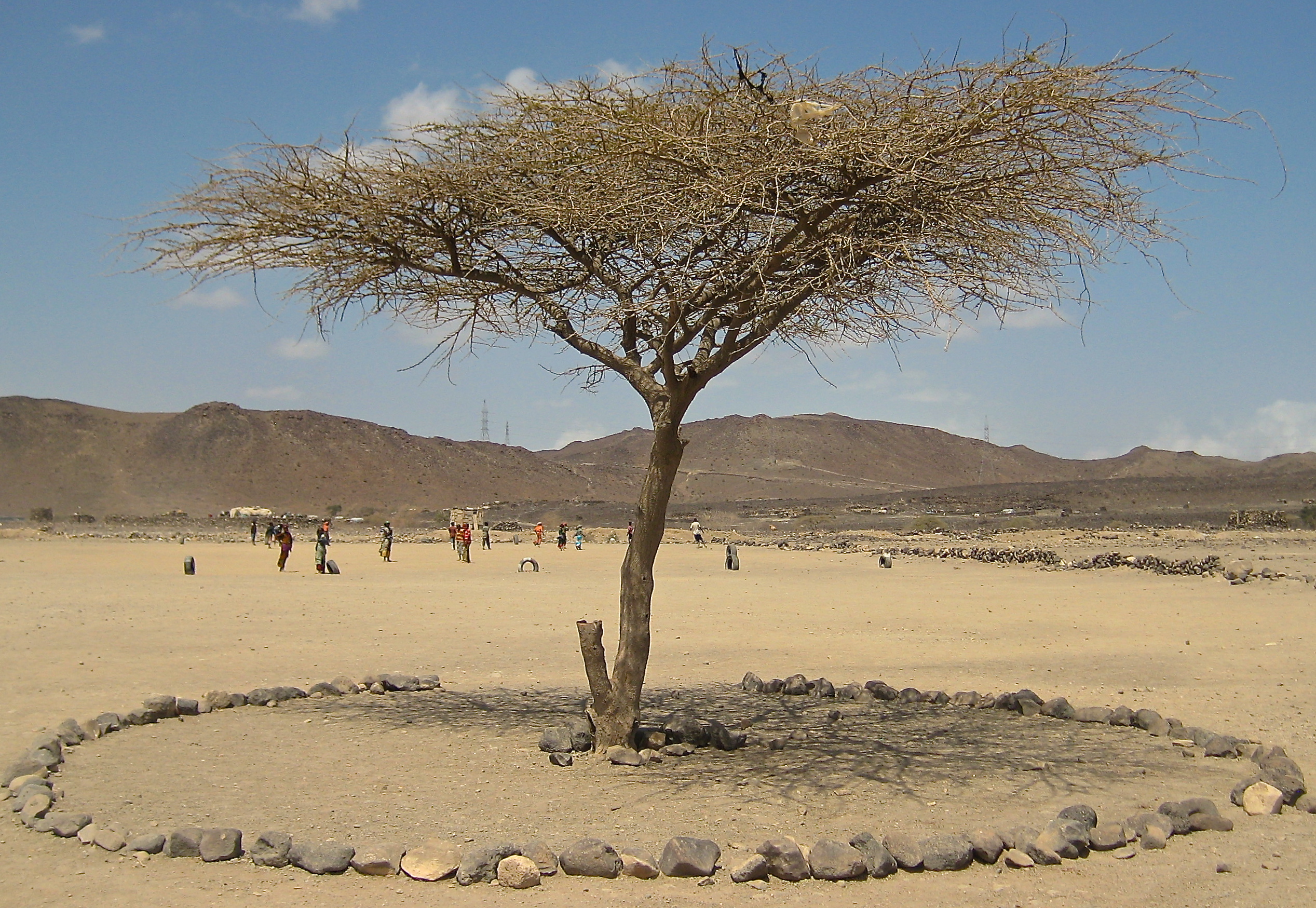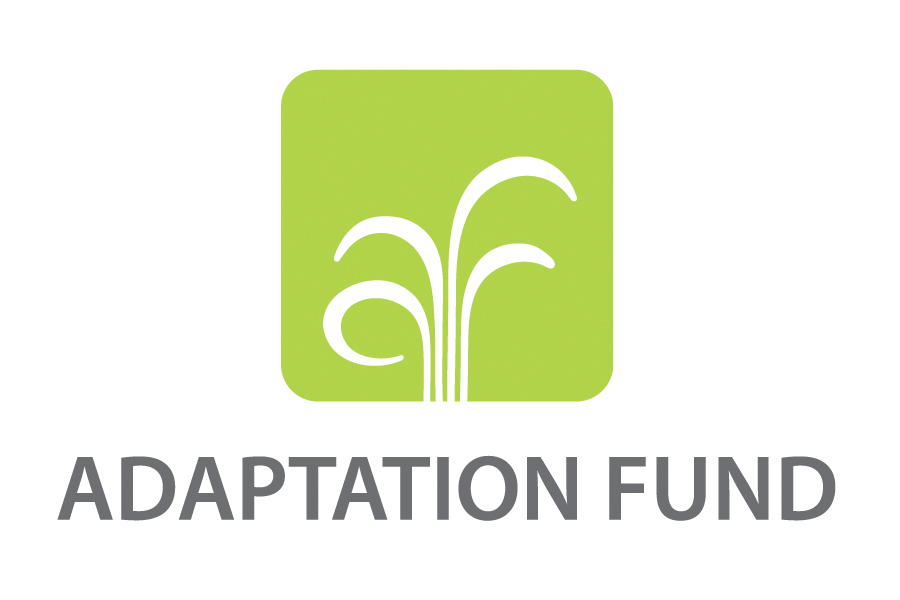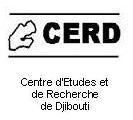Developing Agro-Pastoral Shade Gardens in Djibouti
Project Overview
Djibouti faces multiple adverse effects due to climate change, which threaten large biophysical and socio-economic impacts. A priority area of concern is that of water availability, which is the main limiting factor of agricultural productivity and livelihood security.
Therefore, the objective of this project is to diversify and promote climate resilient agro-pastoral practices in rural Djibouti. This will be achieved by securing sustainable access to water resources, developing shade gardens to support diversified and climate-resilient agro-pastoral production systems, and securing access to finance for relevant income-generating activities.
Project Details
Djibouti is characterized by a very arid and semi-desert type of climate, which makes it extremely sensitive to climate change-induced drought and water scarcity risks. The country has a fluctuating, low and abrupt precipitation regime with annual mean rainfall of 150 mm, mean temperatures comprised between 17°C and 42°C and extremely high rate of evapotranspiration amounting to 2000 mm per year. The aridity of the climate is further reinforced by a particularly hot and dry West wind regime ('Khamsin') resulting from the warming and drying of the Eastern African Monsoon (Foehn effect) when blowing over Somalia and Ethiopia‘s mountain ranges. Added to this are the effects of La Niña phenomenon, which in severe La Niña years brings drought to the country and sparks food-security concerns in areas that are already water stressed and heavily dependent on rain-fed agriculture and pastoralism. Under historical conditions, Djibouti climatic context is clearly one of high hydrological uncertainty, frequent dry spell and chronic water stress, features that are likely to be worsened by climate change with wide-ranging implications on national economy, food security and human development in general.
The objective of the project is to support a three-pronged adaptation strategy to foster the transition from pastoralism to a new and more resilient multi-functional practice of agro-pastoral shade gardening. The project focuses on three separate but linked components. Water availability being the main limiting factor of agricultural productivity and livelihood security in Djibouti, the objective of the project is to diversify and promote climate resilient agro-pastoral practices in rural Djibouti.
This will be achieved through three outcomes:
-
Capacities to mobilise and secure sustainable water resources to agro-pastoral communities in the face of climate change developed;
-
Sustainable agro-pastoral systems developed, providing greater forage production capacities, diversifying agricultural productions and creating capacities for replication;
-
Micro-credit schemes adjusted to scale-up shadow-garden-based agro-pastoral production.
Component 1 will be geared towards improving and securing access to water as a key requisite for developing agro-pastoral systems highly resilient to increasing aridity. The water produced under Component 1 will then be used in Component 2 to develop family and community oasis- like shade gardens over height 10-ha plots by using date palm as tree cover to protect the ground from the sun radiation, limit evaporation and create favourable microclimates for forage and vegetable growth, replicating the traditional practices imported by Yemeni populations in Djibouti centuries ago. The final component of the project supports adaptation micro-financing services under Component 3 that provides financial means and incentives for rural communities to accumulate capital in anticipation of climate shocks, diversify livelihoods and scale up best practices generated by the project under the first two components.
Key Results and Outputs
Component 1: Sustainable access to secured water resources in the face of climate change
Rainfall-runoff and groundwater models that incorporate likely climate change impacts developed (Output 1.1), and used to create water management plans that benefit 30,000 people (Output 1.2). Community-based surface water harvesting infrastructures that mobilize water and improve groundwater recharge introduced and tested (Output 1.3), then used to disseminate good practice guidelines to relevant government and community stakeholders (Output 1.4).
Component 2: Shade gardens to support diversified and climate-resilient agro-pastoral production system
Community-managed agro-pastoral shade garden plots of 10 ha each developed/tested (Output 2.1), and extension personnel trained on shade gardening topics to benefit 160 agro-pastoral families (Output 2.2). Well-sized feed/forage stocking facilities created in project locations to allow better management of forage availability over repeated drought periods (Output 2.3).
Component 3: Access to finance secured for climate resilient agro-pastoral enterprise development
Adaptation-oriented micro-finance scheme developed to generate total value of $300,000 over 5 years (Output 3.1), and at least 300 agro-pastoralists organized to form cooperatives using these micro-finance facilities (Output 3.2). At least 4 cooperatives develop comprehensive climate adaptation plans (Output 3.3).
Programme Meetings and Workshops
Inception Workshop, Djibouti Ville, 13 March 2013
Reports and Publications
Reports and Publications of relevance to Country Teams
Project Brief / Fact Sheet
Project Brief: Developing agro-pastoral shade gardens as an adaptation strategy for poor rural communities in Djibouti (March 2013)
ProDocs
PIFs
Monitoring and Evaluation
The UNDP Country Office will plan set-up and preparation within the first two months of project start-up. During this time, the Country Office will also collaborate with the Project Management Unit (PMU) to produce an inception workshop and report.
The PMU will produce Monthly and Annual reports, and will also facilitate meetings of the Project Board at least twice a year for the duration of the project. A mid-term review final evaluation, and final report will be produced along with the UNDP Country Office.
Links
Contacts
UNDP's programmes helped to mobile communities and secure sustainable water resources to agro-pastoral communities in the face of climate change.
